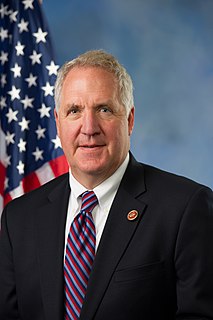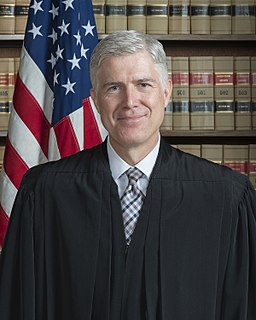A Quote by Thurgood Marshall
Some may more quietly commemorate the suffering, struggle, and sacrifice that has triumphed over much of what was wrong with the original document, and observe the anniversary with hopes not realized and promises not fulfilled. I plan to celebrate the bicentennial of the Constitution as a living document, including the Bill of Rights and the other amendments protecting individual freedoms and human rights.
Quote Topics
Amendments
Anniversary
Bill
Bill Of Rights
Celebrate
Commemorate
Constitution
Document
Freedoms
Fulfilled
Hopes
Human
Human Rights
Including
Individual
Individual Freedom
Living
May
More
Much
Observe
Original
Other
Over
Plan
Promises
Protecting
Quietly
Realized
Rights
Sacrifice
Some
Struggle
Suffering
Wrong
Related Quotes
The first ten amendments were proposed and adopted largely because of fear that Government might unduly interfere with prized individual liberties. The people wanted and demanded a Bill of Rights written into their Constitution. The amendments embodying the Bill of Rights were intended to curb all branches of the Federal Government in the fields touched by the amendments-Legislative, Executive, and Judicial.
The Constitution was written to protect individual freedom and limit the ability of the government to encroach upon it. The liberals don't like that. The Democrats are very unhappy. The Constitution limits government too much. So they want to rewrite it, have a second Bill of Rights. So they want a new Bill of Rights that spells out what government can do instead of a Bill of Rights that tells government what it can't do.
There is no Constitutional issue here. The command of the Constitution is plain. There is no moral issue. It is wrong - deadly wrong - to deny any of your fellow Americans the right to vote in this country. There is no issue of States' rights or National rights. There is only the struggle for human rights.
We have introduced equity into our life, including a uniform educational system. We have also introduced a Bill of Rights, which is not just a piece of paper, but a living document because we have created structures that are totally independent of the government and that can overrule the government, even the president.
The Declaration of Independence has been called, with some justice, the most revolutionary document in human history, in that it placed the individual person first in the political scheme of things and made the legitimacy of governments and ruling classes contingent on their success at preserving individual rights.
Patriotic feelings will surely swell, prompting proud proclamations of the wisdom, foresight, and sense of justice shared by the Framers and reflected in a written document now yellowed with age . . . [F]or many Americans the bicentennial celebration will be little more than a blind pilgrimage to the shrine of the original document now stored in a vault in the National Archives. [Progressive]































